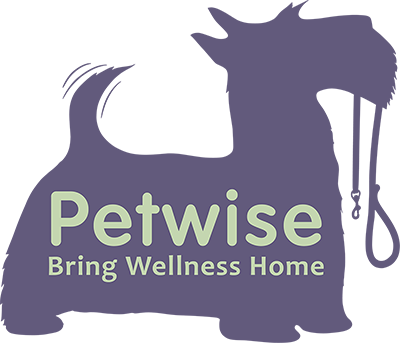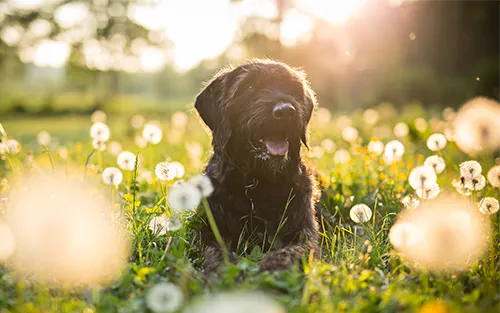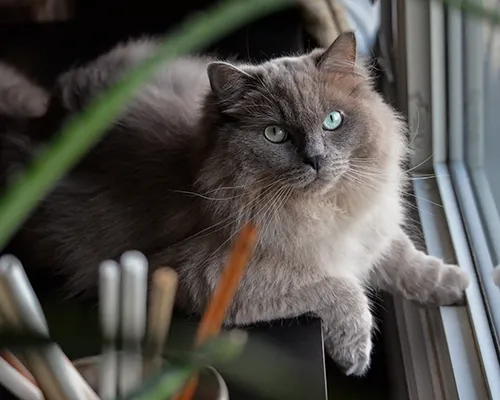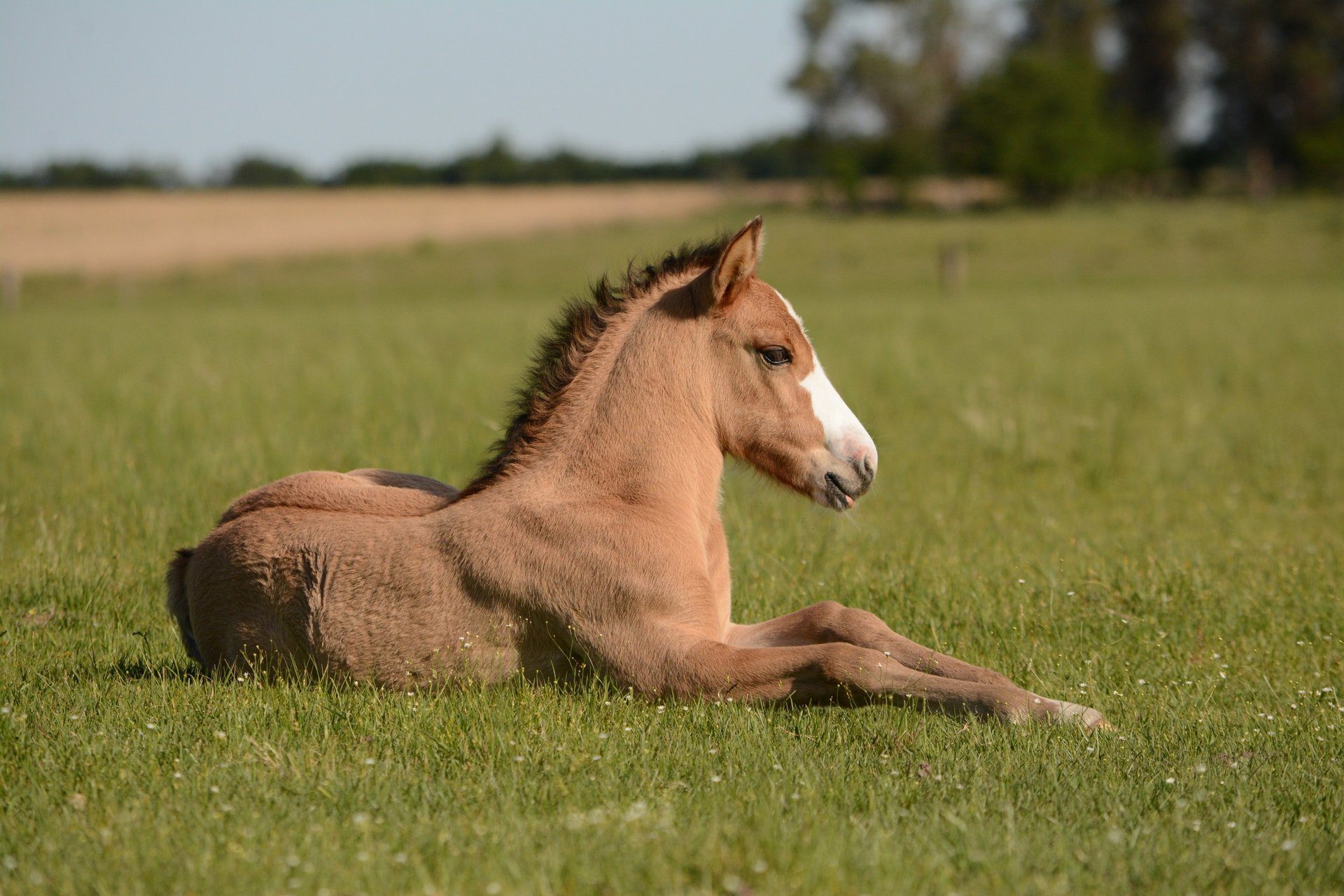Did you know that February is Pet Dental Health Month? Dental problems are unfortunately quite prevalent in our canine companions. These issues can be very painful and dangerous for dogs, just as they are for people. A local Clarkesville, GA vet offers some advice on caring for your dog’s teeth in this article.
Common Issues
Gum disease is one of the most common issues we see in dogs. In fact, over three out of four pups over the age of three are afflicted. As with people, gum disease is painless and asymptomatic at first, but can cause tooth shifting and loss over time. It has also been linked to some very serious medical conditions, such as heart disease. Overcrowding is another common issue. This one we often see in small dogs, as they just don’t have much room for the usual 42 adult teeth! Misalignments, abscesses, and cracked or broken teeth are also non uncommon.
Warning Sign
Keep an eye out for signs of dental trouble. Bad breath is a common one. Fido’s breath will probably never be minty-fresh, but if it could kill plants, there may be something going on. (It’s worth noting that bad breath can be indicative of many different medical issues.) Other warning signs include swelling, bleeding gums, excessive drool, and tartar buildup. You may also notice subtle changes in your dog’s eating habits and/or behavior. For instance, your canine companion may seem grumpy and withdrawn, and he may not seem very playful. Your furry friend might also dribble food, take longer eating, avoid hard foods and toys, and/or chew on just one side of his mouth.
Home Care
There are some things you can do to help keep your pup’s choppers healthy. Brushing is at the top of the list, as it really is the most effective way to keep plaque and tartar from building up on Fido’s teeth. You can also offer your pooch dental-formula treats and chews. (Tip: try putting pet toothpaste on a Nylabone or chew.) You can use other doggy dental products, such as oral rinses or dental flakes. Last but not least, make sure your furry buddy always has fresh water and plenty of chew toys.
Please do not hesitate to reach out if ever we can be of assistance. As your local Clarkesville, GA animal clinic, we are here to help!






!Social Media Icons